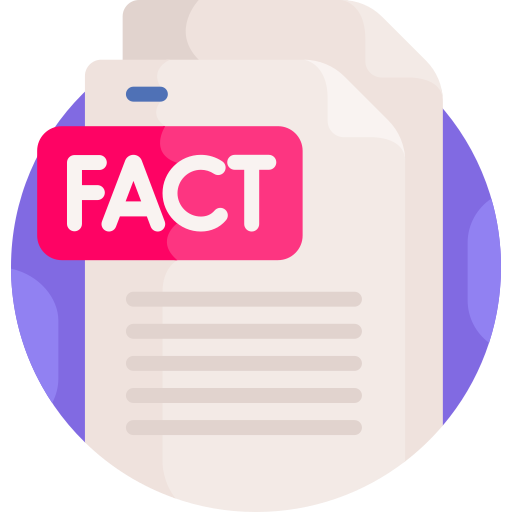Navigating Ownership and Ethics in the Digital Health Data Landscape
In the rapidly evolving world of digital health, the trail of patient data has become a valuable asset. As technologies such as artificial intelligence (AI) become more integrated into healthcare, the question of intellectual property (IP) ownership and ethical data usage becomes paramount. This article investigates the complexities surrounding the generation, utilization, and monetization of patients’ digital health data, highlighting the need for clear regulations and transparency.
Key Points:
- Digital Health Data Creation: More people are using digital health devices and services, creating a trail of health data that companies utilize to enhance products, generate IP, and sometimes monetize by selling or sharing.
- IP Ownership Concerns: Varied laws across countries lead to concerns about who owns IP in healthcare, with data use not always transparent to patients.
- Need for Regulation: As AI and digital health evolve, regulations ensuring informed data usage, clear IP ownership, and patient data access are urgently needed.
- Personal Tools and Data Collection: From genetic tests to health apps, personal digital health tools collect patient data, sometimes monetizing it without clear consent.
- Traditional Health Data Generation: Doctor-patient visits continue the data trail, raising questions about medical record’s IP ownership and patient access.
- Future Reliance on Patient Data: The growing digital health market will continue to rely on patient data, emphasizing the need for ethical considerations and clear regulations.
Additional Points:
- Examples of Data Utilization: Companies like 23andMe have leveraged genetic databases for drug development, while apps like Flo have shared users’ private information with third-party firms.
- Varied Laws on Medical Record Ownership: Laws differ across countries regarding who controls and safeguards medical data, with some healthcare institutions using the IP for research and development.
- Potential Benefits of Patient Access: Studies have shown that providing patients full access to their medical records may improve satisfaction, education, and safety.
Conclusion:
- The journey of patients’ digital health data is complex and fraught with ethical dilemmas. Clear regulations, transparency, and a focus on patient rights are essential to navigate the future of digital health.

A study conducted in Australia earlier this year found that the country’s most popular fertility tracking apps collect extensive data that is not required for the app, including information on financial situation and education level, which they can monetize.
Related Posts
